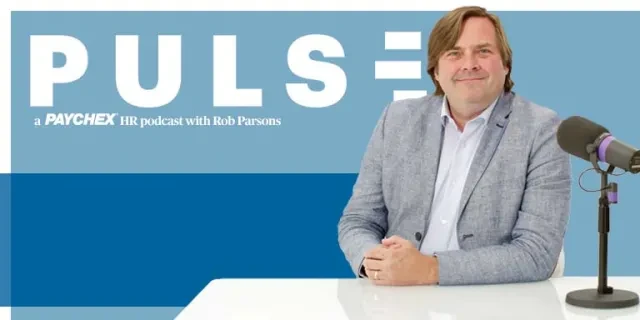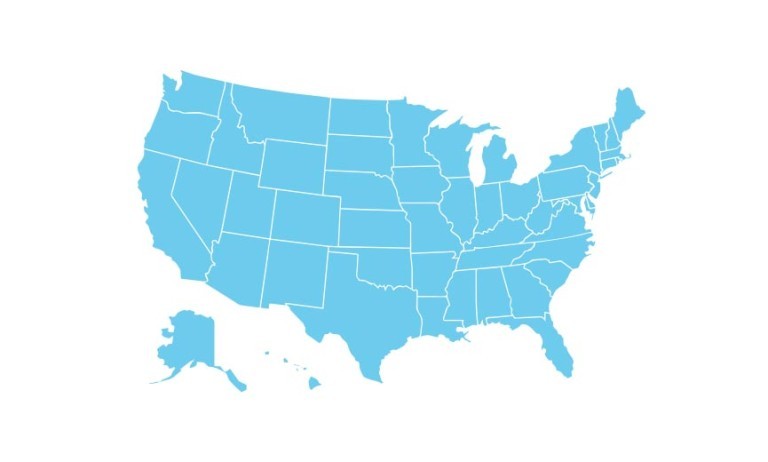Business Resources to Help You and Your Employees

Top Regulatory Issues Facing Businesses in 2026
Our Compliance and HR experts share insights on changes businesses can expect in 2026 regarding laws impacting employment, taxes, AI, retirement, as well as effects of the government shutdown. This on-demand webinar can help you plan and develop strategies to position your business for success.
Shutdown Ending and Looming
The partial shutdown of the federal government ended when the president signed the five appropriation bills the U.S. House narrowly passed, 217-214. Also, a continuing resolution will fund Homeland Security until Feb. 13. If no long-term solution is agreed upon, the DHS will have to cease non-essential functions. Businesses should plan accordingly to offset any potential challenges.
All Resources
Business Podcasts
Paychex Thrive, a Business Podcast
Navigate the dynamics of today's business climate.

Paychex Pulse, an HR Podcast
The issues facing today's human resource leaders and managers.










